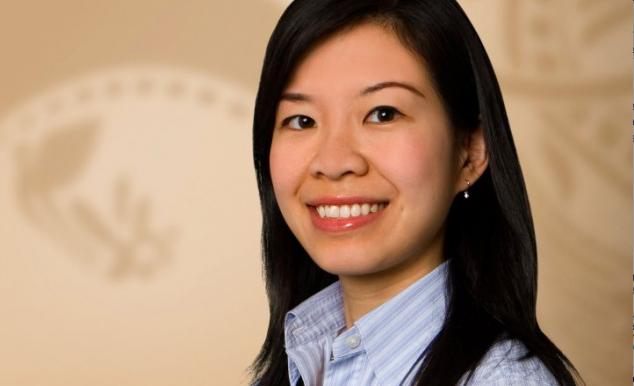Last 13th to 15th of September, Matthews Asia held its annual conference at the Palace Hotel in San Francisco. The sessions were attended by up to 120 delegates from Canada, the United States, and Latin America.
Delegates heard firsthand about the management company’s experience in long term investing in one of the world’s most dynamic economic regions, which contributes to more than a third of global GDP. This year, the company celebrates its 25th anniversary as one of the most specialized companies in the Asian market.
“Speaking directly with the CEOs, visiting the company, walking through their facilities…” for Paul Matthews, the firm’s founder, and Mark Headley, Chairman of the Board of Directors, that isthe key to the company’s 25 years in the region. “It is still essential to visit the companies in which we invest to get to know them properly,” Headley said during his speech, reminiscing about his first visit at an Asian factory.
“In 1993, Paul and I saw, in a Barings brochure, photos of a textile company, which pictured all its workers busy at their jobs. When we went to visit it, we discovered that their warehouses were completely empty” After a few twists and turns, they finally got someone to explain to them what was happening. The factory was waiting for machinery from Germany, and meanwhile its 3,000 employees could not work. “The fundamental conclusion of that trip was that you could not invest in Asia without personally visiting the companies,” said the Chairman of the Board.
During the two conference days, the company’s portfolio managers emphasized the idea that investing in Asia is a long distance race, and that the best way to ensure returns is by investing strategically, rather than tactically. Matthews Asia does not invest in countries or in certain sectors, but in companies. Their process is entirely bottom-up and the portfolios are constructed company by company.
Investing in China
With regards to China, Matthews’ experts stressed that despite the ‘bad press’ haunting the Asian giant, the reality is that there has just been a slowdown, rather than a collapse of the economy. In fact, the fund managers believe there is an opportunity to invest in companies, especially those related to the strength of domestic consumption in China.
Matthews is convinced that the debt problem in China is not higher than in other world economies, and is mainly composed of public debt. The fact that household debt is not substantial is, in their opinion, an advantage.
The highlight of the first day came from Andy Rothman, a veteran investment strategist and author of the Matthews Asia blog, Sinology. His mission: to destroy the myth of an unrestrained China.
“The average citizen in developed economies imagines China as an economy which is still totally controlled by the state, with a very communist background, ghost towns, “zombie “companies, and with exports and investment accounting for the most part of GDP. The reality of China’s economy is more like this: 80% of employment in China is in private hands, all employment growth is generated by SMEs, it is a market of entrepreneurs and, finally, we are in the fifth consecutive year in which services and consumptionaccount for a larger part of the economy that investment.”
Strategic vs. Tactical
The Matthews Asia Investment Forum also featured a presentation by portfolio managers, Robert Horrocks and Teresa Kong, who reminded the audience that there are not many purely tactical or purely strategic decisions, but that decisions within their company are much more strategic than tactical. This is why, for them, macro data is important but just up to a certain extent.
Matthews Asia defines itself as ‘macro-agnostic’, a description which caught the audience’s attention, and which refers to the fact that it places much more importance on choosing the right companies, than on choosing the right countries.
“Choosing the right company is even more important than choosing the right sector. In fact, issues like interest rates, currencies, and GDP growth, are all more tactical than strategic. When you invest with a 10-year horizon, macro parameters lose relevance,” Kong said during her presentation.
The event closed, until next year, with a visit to the company’s San Francisco office, providing delegates with the opportunity to have one-to-one meetings with fund portfolio managers.
